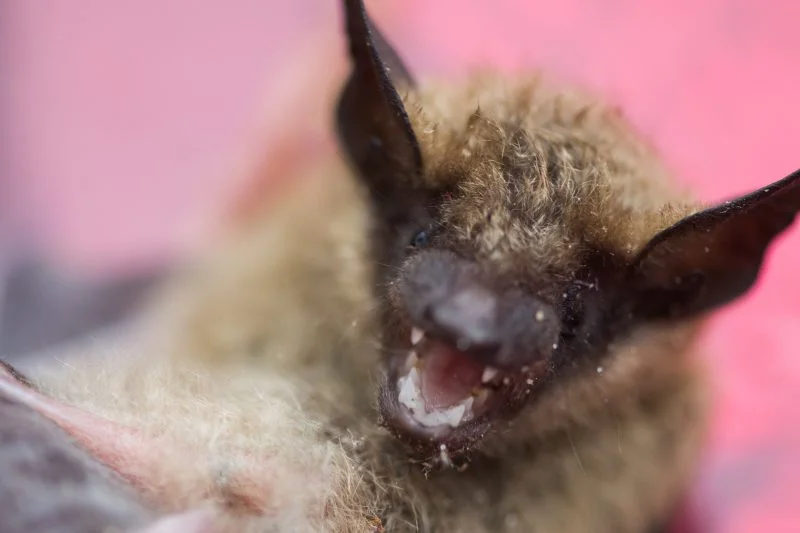
Rabies Alert: Bat Tests Positive at Great Plains Zoo
SIOUX FALLS, S.D. (KELO) – A bat at the Great Plains Zoo (GPZ) has tested positive for rabies, prompting health officials to issue an important alert regarding the viral disease. This incident serves as a stark reminder of the persistent threats posed by rabies in both animal and human populations.
According to a press release from the South Dakota Department of Health, the rabid bat was discovered on May 9, found between the zoo's pollinator garden and farm during the afternoon hours. The zoo's diligent animal care staff swiftly removed the bat from the premises. Fortunately, it was confirmed that no guests had contact with the bat, alleviating immediate concerns for public safety.
Dr. Jenny Clementson, GPZ's veterinarian, reassured the community about the safety protocols in place at the zoo: "Zoo animals, veterinary team members, and designated animal care staff are routinely vaccinated against rabies. There is no concern for the staff members who captured or handled the animals that were infected." This proactive measure is crucial in mitigating potential exposure risks.
Rabies, a deadly viral disease, is predominantly transmitted through the bite or scratch of an infected animal. This incident reiterates the importance of being vigilant, especially since bats are known to represent the majority of rabies-positive cases in the wild. "Animal rabies infections occur each year, with bats making up the majority of animals testing positive," reported Josh Clayton, the State Epidemiologist. The key takeaway here is that if anyone suspects they have been exposed to a rabid animal, immediate consultation with a medical provider is essential for preventive treatment.
For more detailed information on rabies and how to protect oneself, the South Dakota Department of Health provides comprehensive resources that can be accessed on their website. Additionally, if anyone believes they had contact with the rabid bat, they are advised to call the Department of Health at 1(800) 592-1861, along with their medical provider.
This situation not only highlights the inherent risks of wildlife interactions but also emphasizes the critical nature of public health preparedness. As we navigate our shared environment with wildlife, understanding these risks and how to respond can save lives.
What are your thoughts on wildlife and public safety? Have you ever encountered a wild animal that posed a risk? Share your experiences in the comments below!